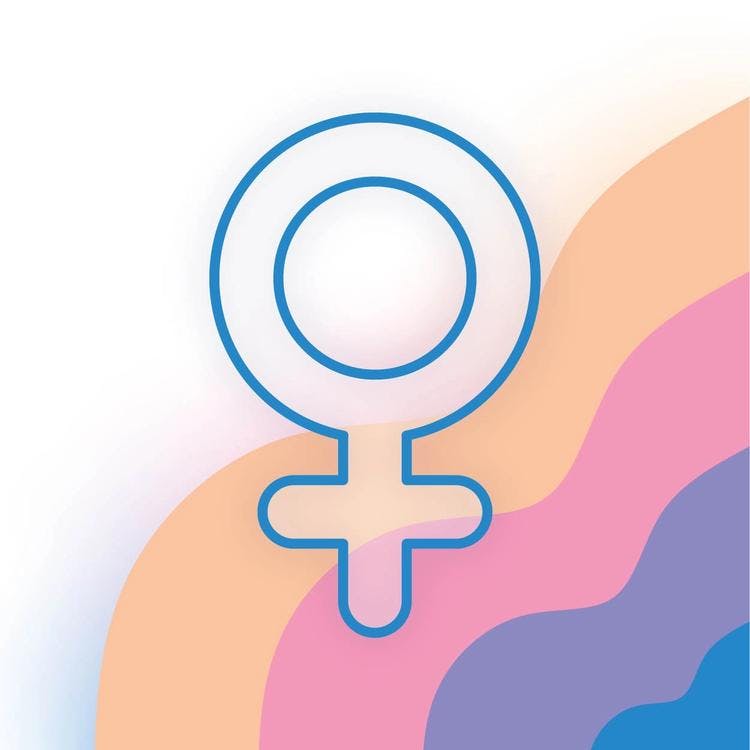The Choice of Termination of Pregnancy (TOP) Act
The South African Choice of Termination of Pregnancy Act of 1996 is currently used by the South African government at the time of writing this booklet. The act places emphasis on the right of the pregnant person to terminate pregnancy early and safely at their own choosing.
You can request a TOP at your local healthcare centre in the first 12 weeks of pregnancy for any reason
Beyond 12 weeks
Beyond 12 weeks of pregnancy, TOP can be provided under special provisions. TOP can be done if:
- There exists a risk of injury to the mother, physically or mentally.
- There Is a risk of harm to the developing foetus, physically or mentally.
- The pregnancy is resulted from rape or incest
- Continuing the pregnancy will significantly affect the social or economic circumstances of the pregnant person.
Teenage pregnancy
Teenagers can consent for the procedure on their own. They are however advised to seek counsel from their guardians/parents before making the decision.
Termination of pregnancy: How it is done
There are two types of abortion methods in South Africa - medical abortion or surgical abortion. The method is chosen depending on the stage of the pregnancy. These methods are highly effective and it is important to note that a person can fall pregnant again after an abortion.
Medical abortion
Less than 9 weeks pregnant
Medical abortion is achieved by emptying the uterus by using two pills:
- Mifepristone and
- Misoprostol.
Mifepristone works by softening the cervix and causing contractions of the uterus. This causes expulsion of the pregnancy from the uterus. Mifepristone is given first and can be given orally or inserted into the vagina.
Misoprostol causes further softening of the cervix and further uterine contractions. It is taken 2 to 3 days after mifepristone. Misoprostol can be taken at home.
After the second pill, it is important to return to your local healthcare facility to ensure that the abortion has been successful and that the pregnancy has ended, you should receive a follow up date at your local clinic. Medical abortion is highly successful.
9 weeks to 14 weeks pregnant
Abortion in this group follows similar steps as described above. However, there are additional doses of misoprostol that are taken every three hours until the abortion is complete.
What to expect during and after medical abortion
The termination of pregnancy can be characterised by pain and bleeding before taking the second medication, misoprostol. The process is unpredictable and can take up to 24 hours to start.
After taking misoprostol, you can experience:
- Heavy bleeding for hours. The bleeding is heavier than most periods and may have clots. The bleeding eventually subsides to normal period bleeding.
- Pain that is similar or stronger than period pain
- Dizziness
- Headache
- Fever
- Vomiting
- Diarrhoea
Surgical abortion
In certain cases, a surgical abortion is recommended to terminate the pregnancy.
In this method, the cervix is opened with misoprostol, called cervical priming. After cervical priming, the foetus is then suctioned out of the uterus with a hand held vacuum.
The dilatation of the cervix and the movement of the uterus as it is being emptied is painful and your healthcare provider must provide you with enough pain medication to reduce the pain.
What to do after an abortion
- An abortion can be an overwhelming procedure emotionally, psychologically and spiritually. It is important to surround yourself with people who can offer emotional support.
- You can request counselling before and after termination of pregnancy
- If the abortion was perfomed from 14 weeks of pregnancy (second trimester), you may be provided with antibiotics. It is important to complete this course to prevent infection of the uterus
Complications are not common after a safe abortion. If they arise, visit the nearest healthcare facility urgently. Possible complications include:
- Very heavy bleeding (haemorrhage) - more than two large pads an hour for more than two hours or passing clots the size of a small lemon
- Infection: fever, foul smelling or discoloured discharge
